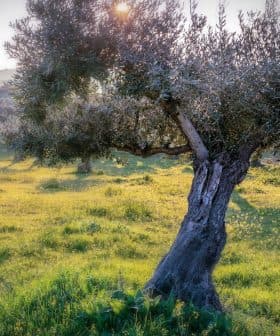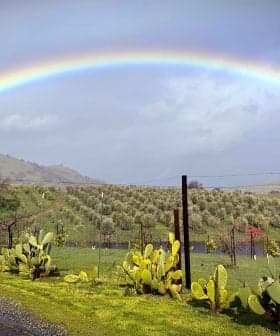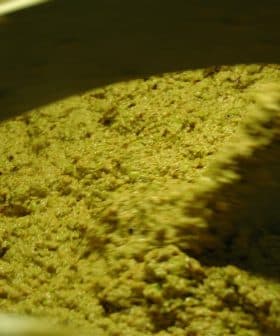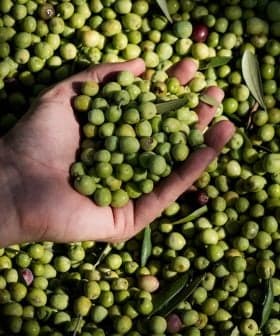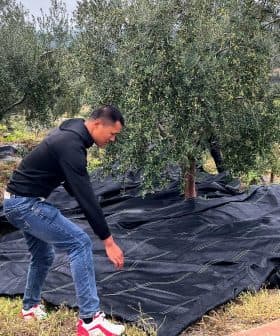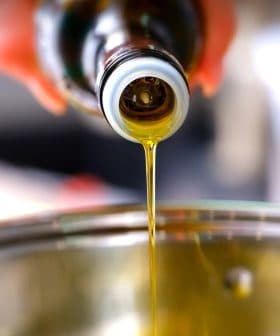Olive Oil May Have an Important Role in Diets of Astronauts

Scientists and an Italian chef are working together to design flavorful and nutritional diets for long-range space missions, with olive oil playing a critical role. The research project, backed by the European Space Agency and other organizations, aims to show how extra virgin olive oil can play a key role in astronauts’ functional nutrition in space missions, with astronauts already using olive oil as a bonus food to supplement their diet.
Scientists and an Italian chef working together to design flavorful and nutritional diets for long-range space missions believe olive oil will play a critical role.
“Space alters flavor perception,” Marta Del Bianco, a researcher at the Italian Space Agency (ASI), told Olive Oil Times. “Food flavored with olive oil might prove relevant for astronauts’ nutrition and psychological health.”
According to chef Stefano Polato, even comparatively modest altitude gains can change how people perceive flavor. “As you get over 3,000 feet (910 meters), the taste of food starts to change,” he told Olive Oil Times.
See Also:Report Highlights Health Benefits, Disproves Myths Surrounding EVOOPolato added that the lack of gravity means that aromas do not accompany taste as they do on Earth, meaning food might lose some of its organoleptic appeals. However, adding olive oil may help prevent this. “Astronauts said they truly enjoyed olive oil,” he said.
“Astronauts in space tend to lose a lot of weight and, since the beginning of space exploration, space agencies have worked hard to combat such phenomenon,” Del Bianco added.
“The biggest obstacle is that the food was mostly disgusting,” she said. “Even after many years of progress, many astronauts continue not to eat some of the foods available. But eating is crucial for their health during missions.”
Del Bianco and Polato are working with others on a research project backed by the European Space Agency (ESA) with the support of ASI, the Italian olive oil producer association, Unaprol, the Italian Council for Research in Agriculture (CREA) and NASA.
“The whole idea relies on showing how extra virgin olive oil can play a key role in the functional nutrition of astronauts’ diet, given the significant need to sustain a healthy diet in space,” Nicola Di Noia, Unaprol’s general director, told Olive Oil Times.
Collaborating with the farmers’ association, Coldiretti, Di Noia and Polato focused on pairing traditional astronaut food with extra virgin olive oil brought by astronauts as their “bonus food.” Astronauts can bring a limited amount of specialty food to supplement the standard diet.
“The first thing to keep in mind is that different extra virgin olive oil means different flavors and different impacts on servings,” Polato said. The four extra virgin olive oils selected by astronauts as their bonus food were Coratina, Moraiolo, Itrana and Carolea monovarietals.
“Pairing food and extra virgin olive oil is crucial,” Polato said. “Astronauts were given four little bottles of those extra virgin olive oils to add flavor to any food of their choice.”
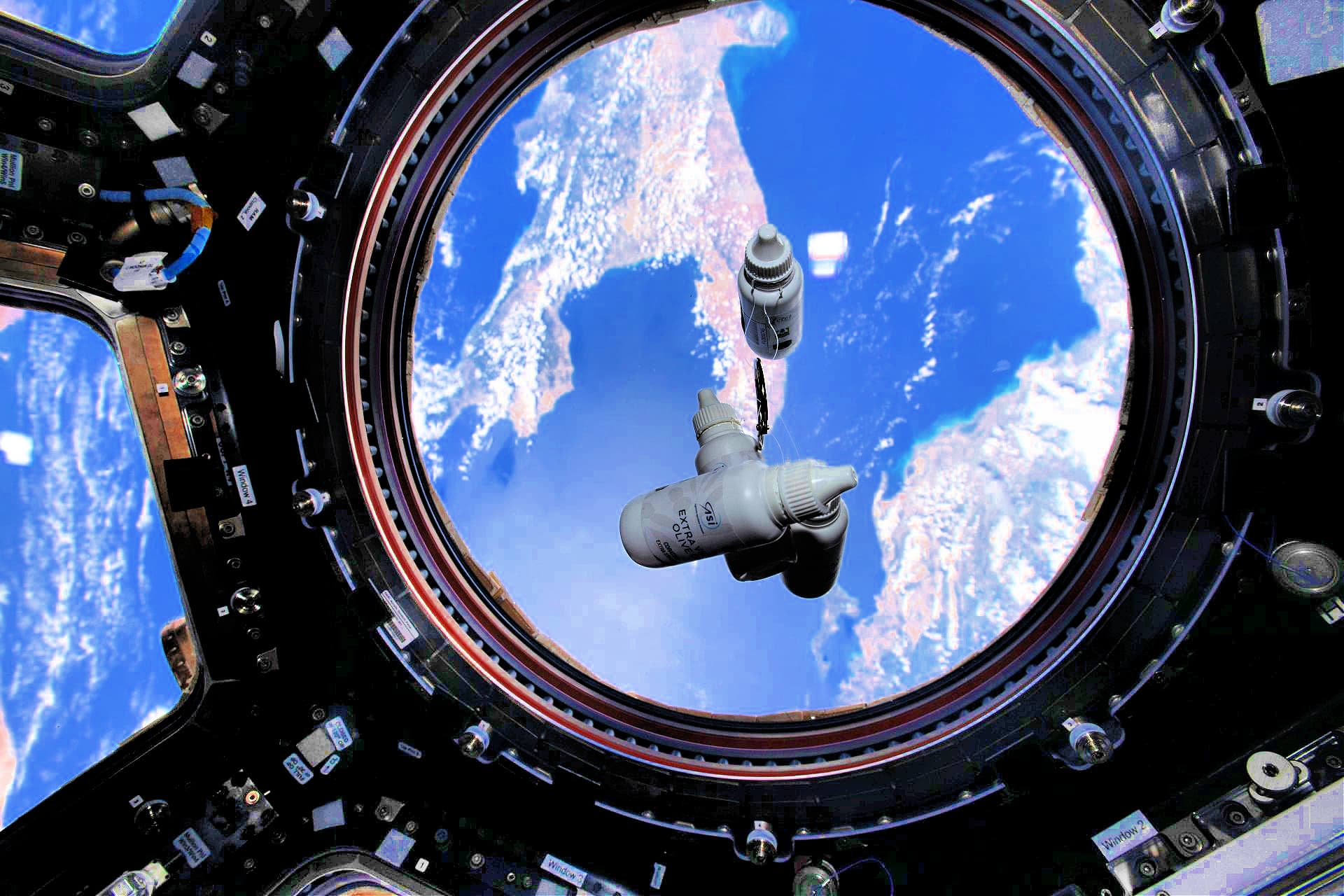
Italian Space Agency (ASI)
Di Noia added that astronauts could detect distinct flavors created by combining extra virgin olive oil with different types of food, such as rice with prawns, tomatoes and asparagus.
While olive oil has been used in the past by astronauts, this is the first time that a comprehensive study on its use in space is being done.
Previously, astronauts brought 50-milliliter bottles of extra virgin olive oil to the International Space Station during the Minerva mission in July 2022.
One of the three bottles is sent back to Earth every six months for analysis. One has already been received and is currently being studied. Another is expected in July, and the third bottle should arrive by the end of the year.
Preliminary results on the first bottle show that minor alterations might have occurred, but those are unlikely to have impacted the health and flavor profile of the product.
“The samples will allow us to measure potential differences and eventual alterations to the contents emerging over time,” Del Bianco said.
“Given olive oil’s nutritional qualities and flavors, should it show a strong resilience to the space environment, it could easily be chosen to accompany astronauts in many other missions,” including missions to the moon or Mars, she added.
Del Bianco said any food destined for Mars would need to be sent a year before astronauts departed for Earth’s nearest neighbor, with these studies serving as a preliminary step to see how the food would keep.
Del Bianco expects the absence of gravity and cosmic radiation to impact the composition of extra virgin olive oil during the 18-month journey.
“Radiation has an oxidant effect,” she said. “Olive oil has antioxidants, which means it is very sensitive to oxidant activity.”
The researchers also plan to send unfiltered olive oil to space to see how the suspended water drops behave.



